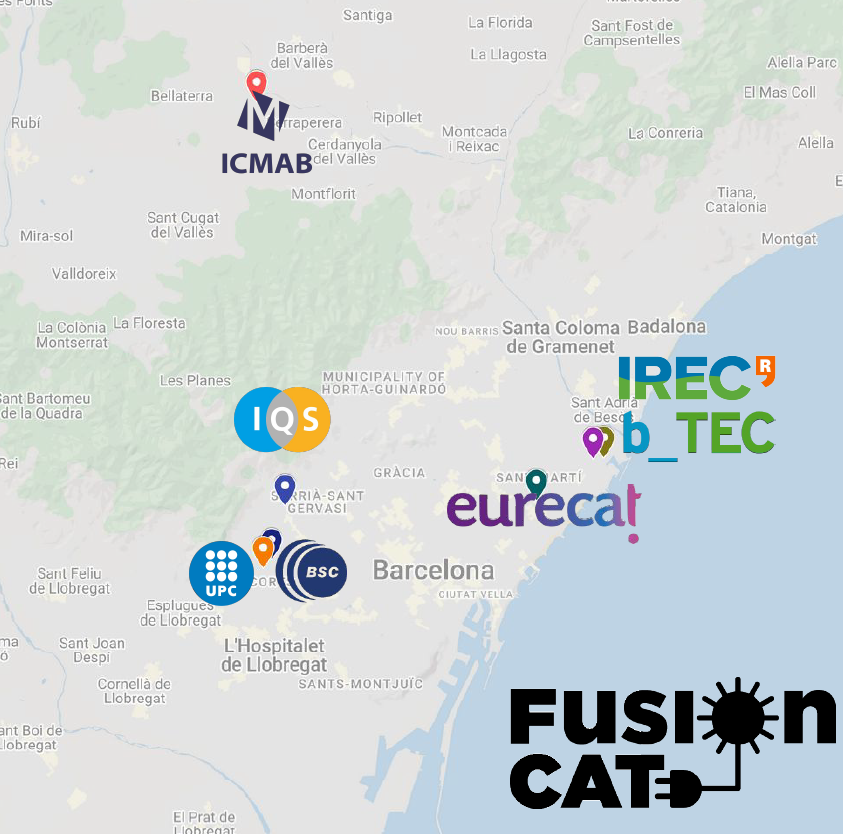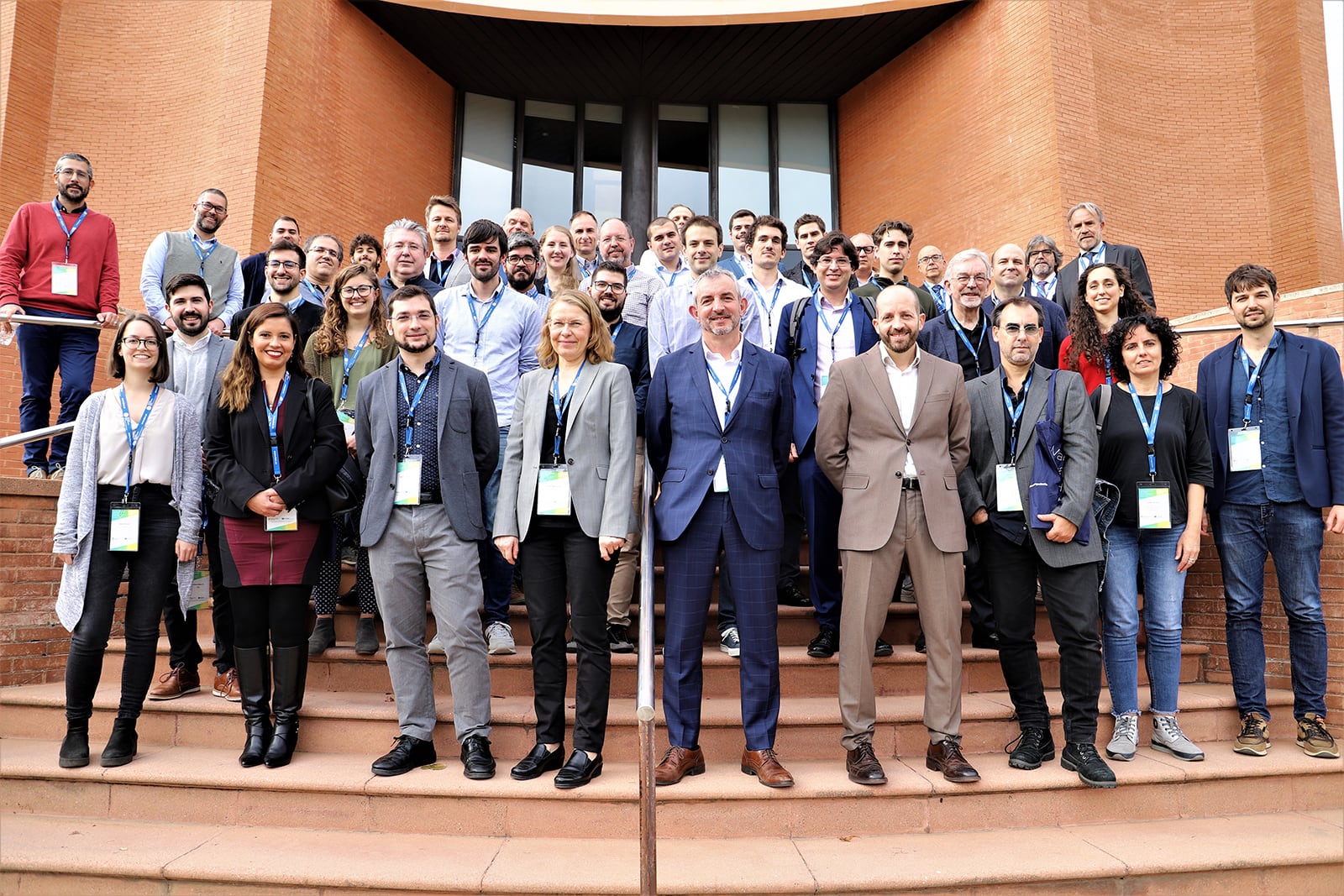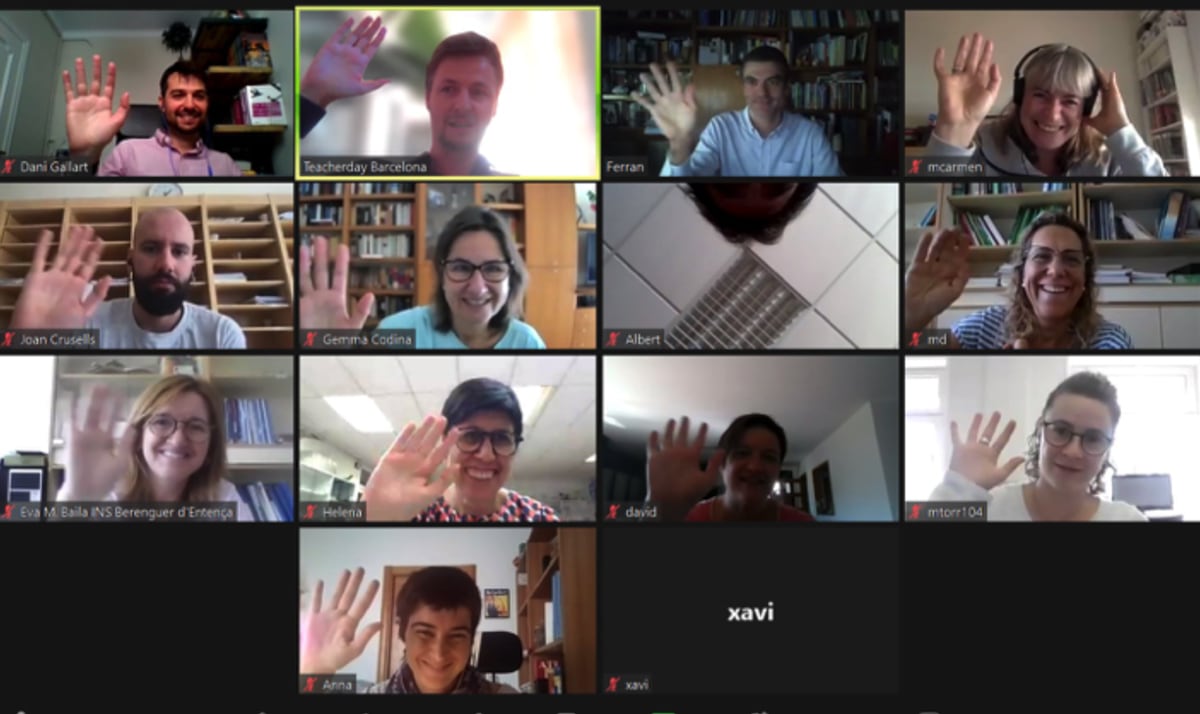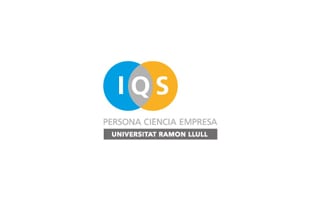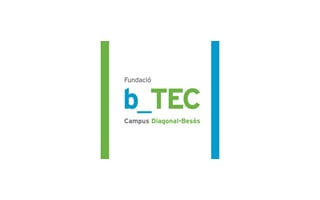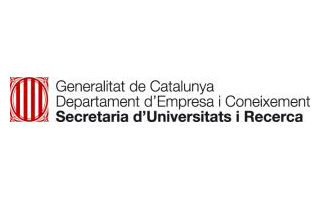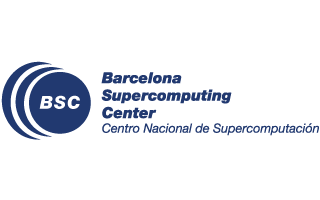Full fusion reactor integrated modelling
FusionCAT will develop multiphysics codes for the modelling of plasma and fusion reactors, which are systems of great physical, numerical and computational complexity. Multiple temporal and spatial scales are required.
Neutronics, tritium breeding and operational fuel cycle
FusionCAT will study areas such as impact of neutrons in the reactor, combustion cycle and connection between the breeding blanket and the tritium extraction system in order to achieve efficient energy production.
Fusion reactor studies
FusionCAT will carry out studies on technologies that are applicable to the reactor’s design, such as the use of HTS magnets, the assessment of the strength of the materials, and the implementation of an energy cycle.
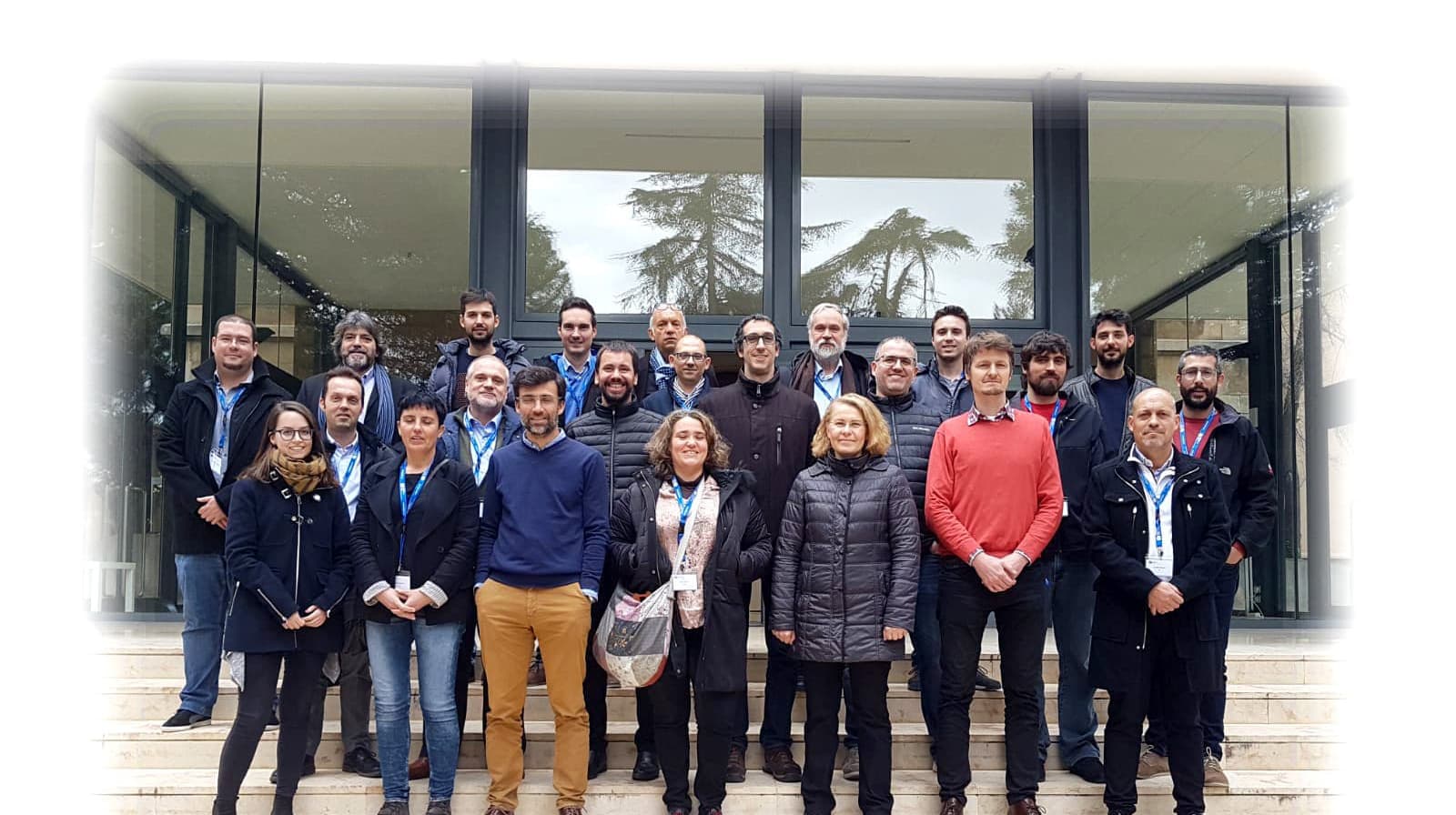
Partners
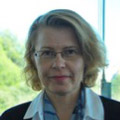
The multidisciplinary research team and the Computer facilities make BSC an international centre of excellence in e-Science.

The b_TEC Campus Diagonal-Besòs Foundation has extensive experience in fusion-related work, especially in organizing seminars and workshops and in networking among companies and research centers.

Eurecat has a large team of engineers with extensive knowledge and experience in design and optimisation through simulation of structures and fluid dynamics systems.

The SUMAN research group at ICMAB dedicates research effort to the development and understanding of high temperature critical superconducting materials (HTS).

The Electrochemistry Laboratory at IQS School of Engineering has experimental facilities for working with molten metals and electrochemical instrumentation.

IREC’s research areas are Advanced Materials for Energy.
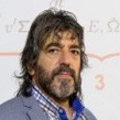
The UPC has been carrying out research and technology transfer activities in the field of Nuclear Fusion Energy for years.



